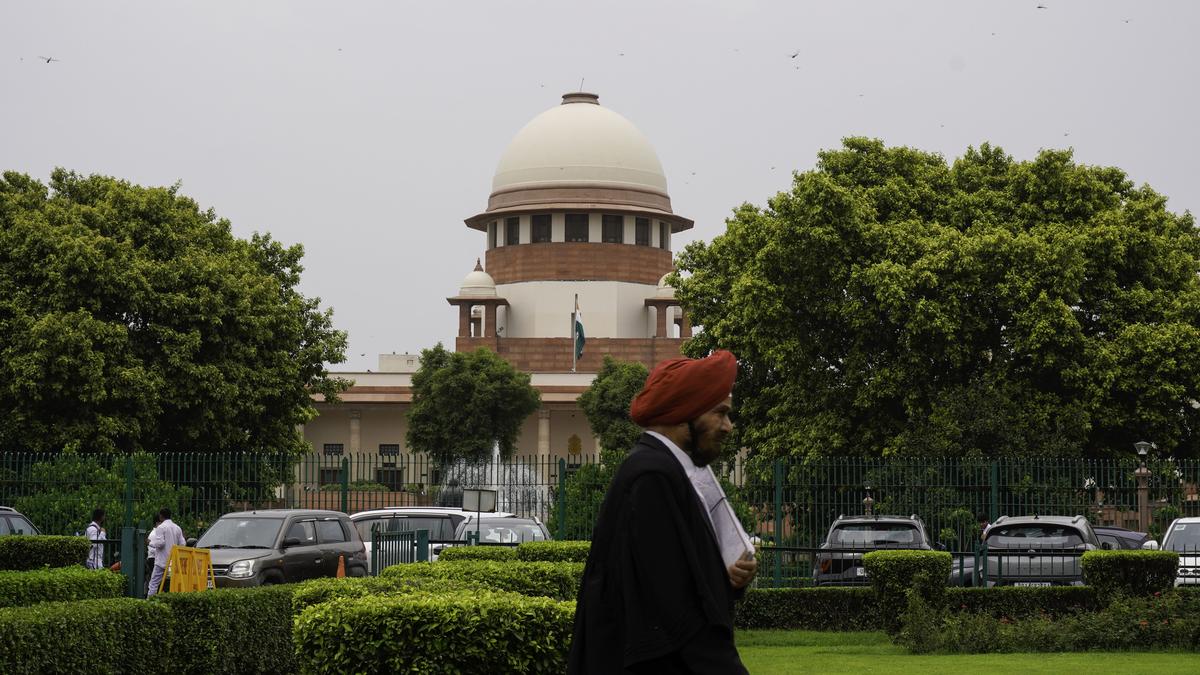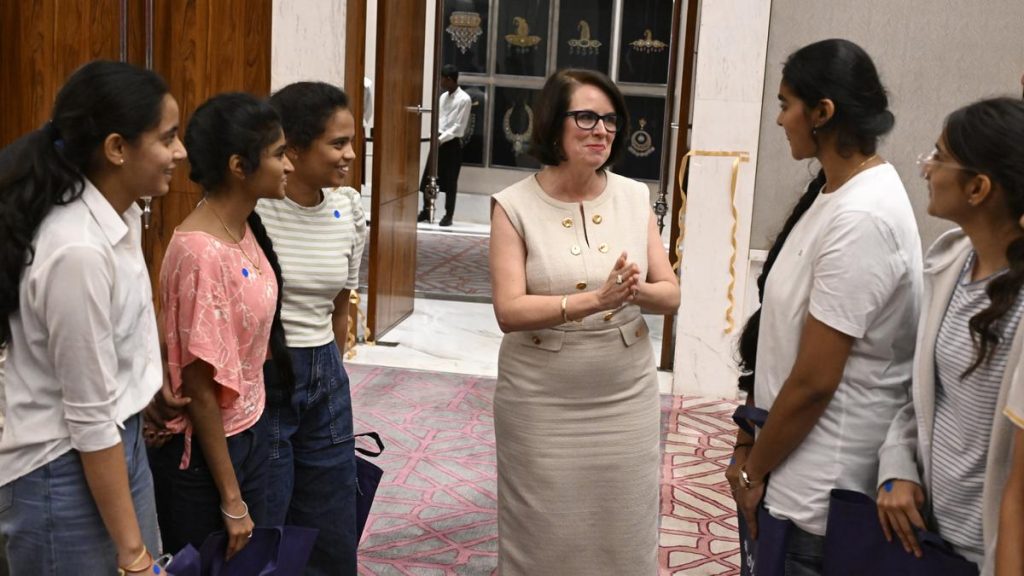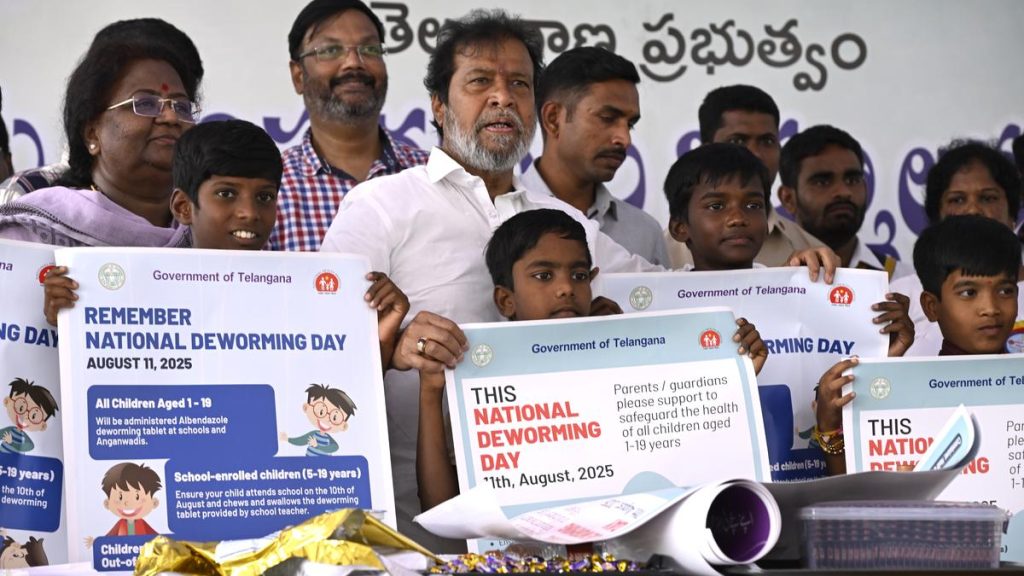Now Reading: SC to Begin Hearing on Talaq-e-Hasan Challenge from November 19
-
01
SC to Begin Hearing on Talaq-e-Hasan Challenge from November 19
SC to Begin Hearing on Talaq-e-Hasan Challenge from November 19

### Fast Summary:
– The Supreme court of India will start hearing petitions challenging the constitutionality of *talaq-e-hasan*, a form of Muslim divorce, beginning November 19, 2025.
– *Talaq-e-hasan* allows a man to dissolve a marriage by pronouncing *talaq* once per month for three consecutive months; if cohabitation resumes after the first or second utterance, reconciliation is assumed.
– A Bench comprising Justices Surya Kant and Joymalya Bagchi has issued notices seeking opinions from several organizations: National Commission for Women (NCW), National Human Rights Commission (NHRC), and National Commission for Protection of Child Rights (NCPCR).
– Among nine petitions submitted, one was filed by Benazeer Heena from Ghaziabad claiming grievance against this practice.
– Petitioners are also demanding that the government develop gender-neutral and uniform divorce procedures applicable to all citizens.


—
### Indian Opinion Analysis:
The Supreme Court’s decision to examine the practice of *talaq-e-hasan* reflects ongoing debates around personal laws in India in relation to constitutional rights like equality and non-discrimination. By engaging commissions such as NCW, NHRC, and NCPCR, it underscores an inclusive approach aimed at understanding broader societal implications rather than focusing solely on individual cases.
The petitioners’ call for uniform divorce laws suggests rising support for codifying family law systems irrespective of religion-a contentious issue balancing religious freedom with gender justice under Article 14 and Article 21 protections. While respectful coexistence between diverse religious practices is integral in a pluralistic society like India,addressing grievances rooted in inequities within such practices can foster inclusivity while reaffirming constitutional values.
For more information: [Read More](#)
























